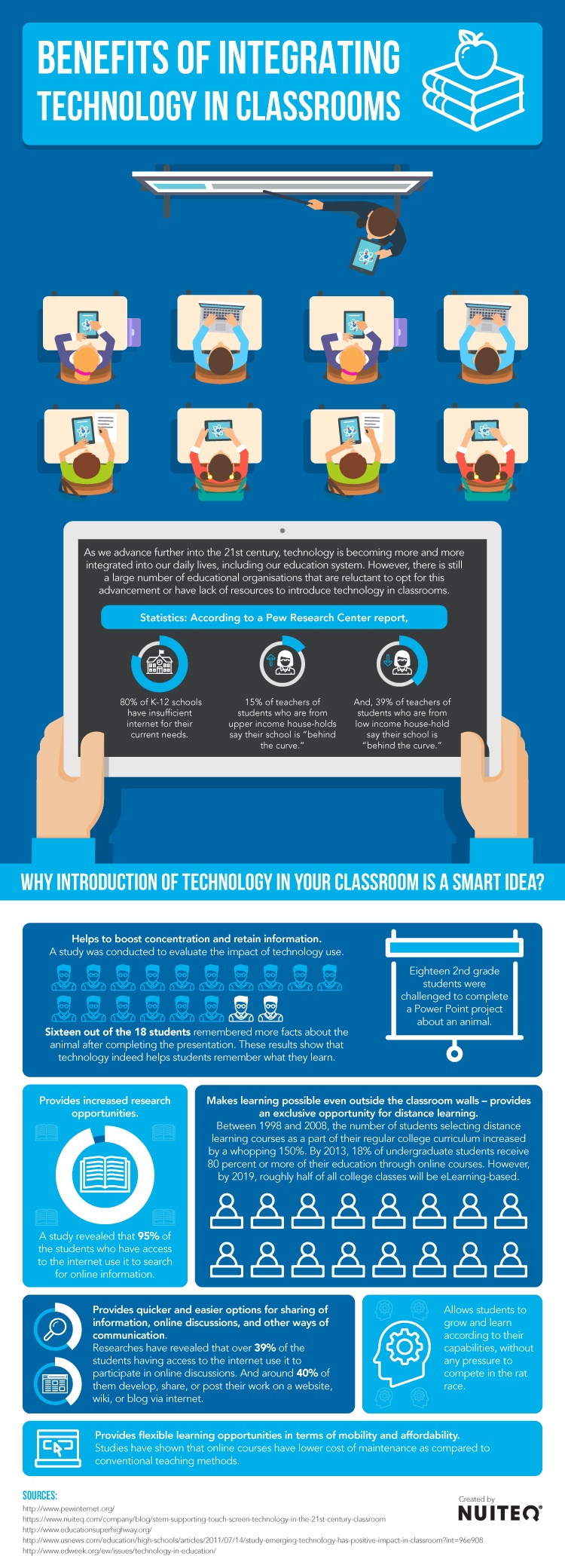I've been feeling a bit down. On a personal note, my mum died last month. She was a good old age, nearly 90 and she just seemed to decide it was her time. Everyone's mum has to die and I am grateful that she kept in pretty good health until the last 3 weeks.
On the work front, I am presently jumping through a series of new hoops to prove that I am a capable facilitator, as the Ministry of Education has decided that all facilitators working in New Zealand schools for
MOE centrally funded professional learning must be accredited. This means showing evidence of meeting the criteria that they have formulated, to be placed on a website so that school leaders can select who they wish to work in their schools, and so I am putting together a Word document (which is the MOE's preferred version of a facilitator's e-portfolio) to show that I meet all 13 criteria.
It is similar to teacher registration - having to show that you meet all 12 of the PTCs except this is not a process over a year. Rather, it is capturing a story that you think shows evidence of you meeting the criteria. So you tell your story and then try to match the criteria to parts of the story. Which brings you to a point where you try to elaborate on why it shows evidence of practice. Which disrupts the flow of the story.
It has meant a lot of teeth gnashing and hair pulling as I rewrite the story trying to forge and fashion a readable piece which truly reflects the way I work. I have nearly thrown in the towel and said, that is it! No more! I have cut up the criteria and printed my story and physically sellotaped the criteria onto the story and then in frustration at seeing the criteria met in many other parts of the story, I have screwed that version up, too.
I don't like working this way - I much prefer the powerful multimedia representation of my work that a website like Google sites, or Myportfolio, or a blog can show. I have come to a dead slow, deccelerating, grinding, and demoralising halt without feeling like I have really represented myself.
This morning I woke to a tweet from the awesome Barbara Bray (see below)
and I thought to myself - wow - that is me! Barbara Bray thinks I am an Amazing Leader! And in such awesome company. Oh, the power of that tweet. I woke up properly and thought, this is all wrong. The story of my practice should be a celebration of my work, not a dirge. So I am going to attack it again with a new vigour. I don't know that it will improve it but the power of that tweet has been enough to inspire me to blog out about it.(I had come to a dead slow deccelerating grinding halt on the blogging front, too).
So thank you, Barbara, for reminding me that praise is so powerful in our lives and in the lives of our learners. I am reminded of the wise words of a former principal of mine (thank you, too, Josephine!) - appraisal should be all about praise - that's where the word comes from and we should never forget the power of improving our practice through praise for work done well.

